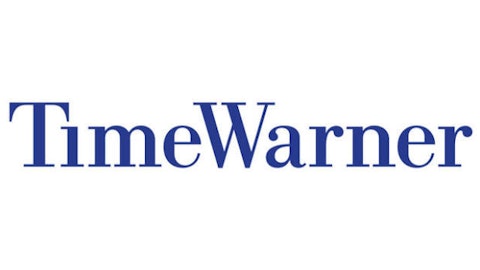It’s trending now — but not on Twitter.
Switching retiree health insurance to private health insurance exchanges appears to be the new thing for big companies. International Business Machines Corp. (NYSE:IBM) and Time Warner Cable Inc (NYSE:TWC) are the latest to make the move. Both companies announced last week that they will move some retirees off company health plans in favor of having the former employees shop for their own insurance using private exchanges.
“Exchanging” health insurance seems likely to keep on trending. And this trend probably won’t be limited to just retirees and large employers, either. Increasingly more current employees of organizations of all sizes are likely to move to private exchanges. Here’s why this trend is catching on — and how you can potentially profit.
Exchanging away
In the private exchange model, employers provide a fixed amount of money to retirees or employees. These individuals then use the money to purchase health insurance on their own through a private health insurance exchange with which the employer has contracted.

Time Warner Cable Inc (NYSE:TWC) cited the potential for lower costs to retirees in announcing its transition to a private exchange. The cable operator also highlighted increased choices of coverage as another key benefit for retirees. Private exchanges allow buyers to find the health plan that best matches their individual needs and preferences.
The appeal of holding down costs while giving current and former employees more options has many organizations looking at the prospect of moving to private health insurance exchanges. A Kaiser Family Foundation survey conducted earlier this year found that 29% of organizations with 5,000 or more employees are considering private exchanges. 9% of organizations with 200 or more employees are contemplating offering health coverage via a private exchange.
Although the concept of private health insurance exchanges has been around for several years, many employers had not seriously considered using them until fairly recently. It seems likely that private exchanges could experience significant growth especially if highly visible companies like International Business Machines Corp. (NYSE:IBM) and Time Warner Cable Inc (NYSE:TWC) experience success.
The trend is your friend
We’re looking at the beginning of what could be a major trend in employer health insurance. Savvy investors know that buying the right stocks as a trend emerges can lead to huge gains. Which stocks appear poised to benefit from the private exchange trend?
Aon PLC (NYSE:AON) stands out as one possible winner. The firm’s Aon Hewitt division, which offers human resources consulting and outsourcing services, operates exchanges for corporate customers’ employees and retirees. The company enrolled more than 100,000 employees on its Corporate Health Exchange last fall. Aon Hewitt’s research indicates that 44% of employers think that using a private health insurance exchange will be their preferred approach for providing health insurance to employees within the next three to five years.
Marsh & McLennan Companies, Inc. (NYSE:MMC) should gain as use of private exchanges increase. The company’s Mercer business unit announced in July that five initial large customers had signed up for its Mercer Marketplace exchange. While these customers weren’t identified, Mercer indicated that they ranged in size from 800 to 25,000 employees.





